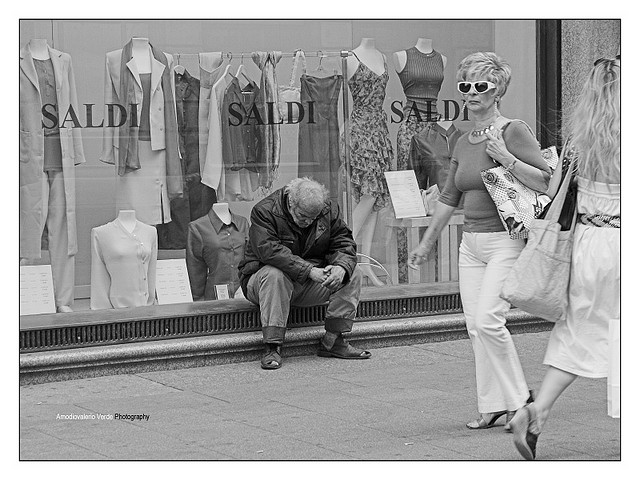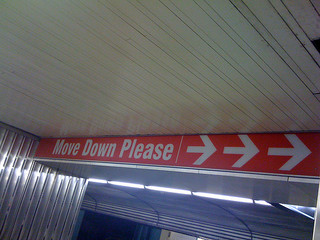
A recent New York Times/CBS News poll finds that nearly 60% of Americans are concerned with income inequality. The overall results may be surprising, given steady economic growth over the past few years. However, sociologist Leslie McCall has an explanation for this post-recession in the New York Times:
People think the returns to economic growth should be going to people like them as much as they should be going to people at the top.
The article highlights McCall’s research on public opinion about income inequality, specifically her analysis of the General Social Survey (GSS), a nationally representative survey conducted every two years by the National Opinion Research Center at the University of Chicago. She finds that public concern about inequality rises after recession periods, peaking several years after initial economic growth.


